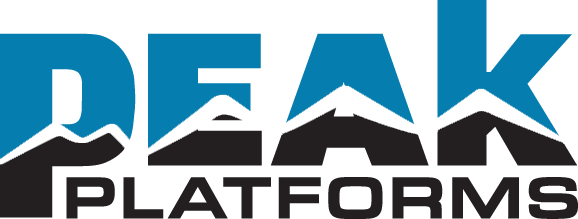Teamwork is the ability of individuals to accomplish difficult goals by performing different roles toward a coordinated, common goal. Teamwork requires trust and respect; with this comes openness and honesty, and sometimes even painful honesty, as team members hold each other accountable for the performance of their roles. Thus, the three critical traits of successful sports teams are Honesty, Trust and Accountability. Successful sports team management is no different; those three traits are necessary when managing a sports team or sports league as well.
Sports Team Management and Honesty
Honesty to both oneself and others is crucial for healthy, successful teams. When viewed in an honest light, the team becomes the focus of decision making.
Club communication is important in establishing a baseline for honesty. Communications that can be accessed by everyone easily and that can be referenced, create a platform for honesty and open dialogue. Having systems in place that allow for transparency encourage a culture of honesty, especially crucial to the roles of those on the Board of Directors and Team Managers.
Sports Team Management and Trust
Trust of one’s team members is also vitally important to teamwork. Without trust, energy is wasted worrying that a necessary role won’t be done, or worse, energy is wasted by someone double checking and making sure that a role has been done. This takes time and focus from the common goal, and results in a weaker team.
In the management of sports organizations, trust is required as well. Boards of Directors must trust that they are getting an accurate picture of the organization’s status. Likewise, coaches, employees and volunteers must trust that the information they receive is accurate, and that any concerns are being accurately passed to the appropriate person. An open communication system with financial checks and balances built in (such as a two-person approval system for withdrawals or payments) helps ensure that trust is established and maintained.
Sports Team Management and Accountability
Accountability is often seen as the flip side of trust – a team member who accepts accountability for their contribution and their commitments is seen as trusted. Personal accountability and accountability to the team are one and the same.
For the organization, making sure that the accountability is well established is key. A cloud-based system ensures that assignment of responsibility is documented and known within the organization. It also encourages trust and honesty, because various degrees of access are available to anyone who might play a role in the organization.
By having a single source of information members can access, accountability is created. When members can see performance and have the freedom to safely ask about information, trust is built. Where transparency exists, so does honesty.
Bottom line: when a team, or a Board of Directors intentionally put systems in place for honesty, trust and accountability, they pave the way to success.
Peak Platforms developed a cloud-based platform to manage registrations, communications and accounting with sports clubs in mind. Real-time, web-based information creates accountability, and portability. By creating a single access point for Board of Directors, coaches and players, our Sports Team Management ERM simplifies the process for all involved and reduces the chance of misappropriation of funds, registrations from ‘disappearing’ and ineffective management.
Are you a sports team looking for ways to better manage your organizations processes and accounting through cloud based systems? Peak Platforms is offering a free demo of their cloud based program and is happy to help. Learn more and sign up by clicking HERE.


Recent Comments